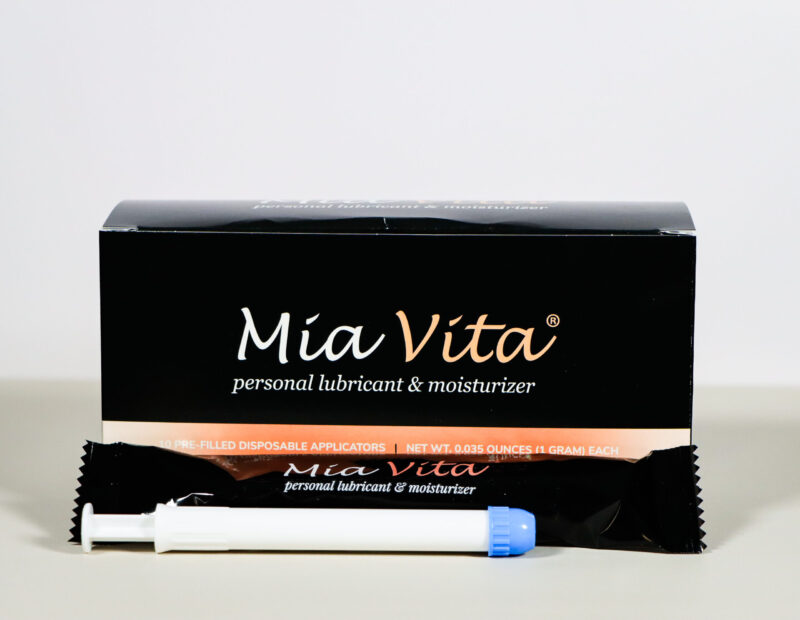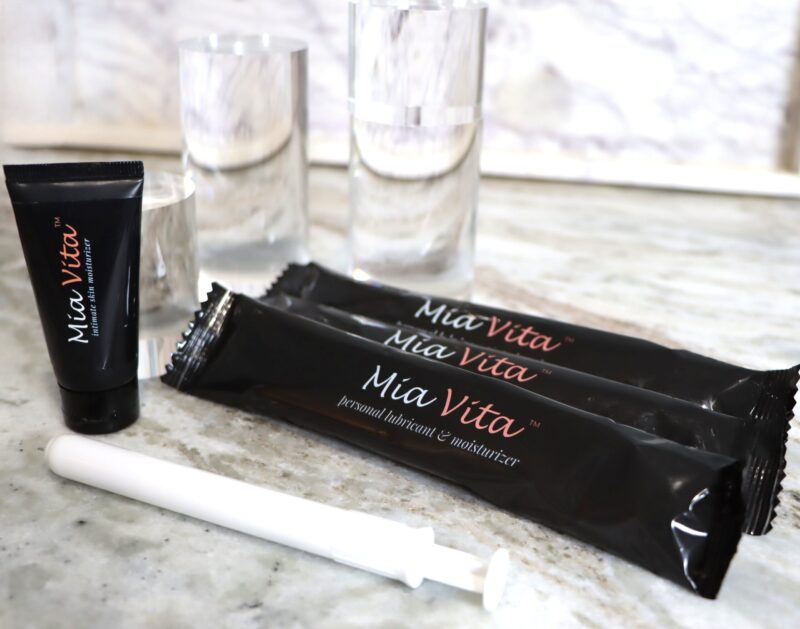Squashed between the bladder and the bowel, sometimes the uterus has a hard time finding a comfortable home. We often recognize this discomfort just before our periods when our uteruses are heaviest.
The sensation is different depending on which way the organ is leaning. In most women (80 percent), the top of the uterus, the fundus, falls forward over the top of the bladder. This called an anteverted uterus. When the bladder fills with urine, the anteverted uterus is pushed into a more upright position. This usually causes little trouble.
Primarily resulting from genetics, a retroverted uterus can also happen later in life due to a range of health problems. For example, scar tissue after pelvic surgery can pull the organ back. Endometriosis can form attachments between the uterus and other organs, such as the bowel behind it. Fibroids can cause it to tilt backward. And transitioning out of the reproductive state (menopause) can cause the ligaments that hold it in place to stretch.
One in five women has a uterus that falls backward, pressing against the bowel. This type of uterus is called a retroverted uterus.
One in five women has a uterus that falls backward, pressing against the bowel. That’s called a retroverted uterus. Women with retroverted uteruses are more at risk for a range of bladder and bowel problems, from prolapse (when the uterus drops into the vagina) to constipation (from pressure on the neighboring bowel).
A problem, largely unrecognized, is the difficulty in inserting applicators into retroverted uteruses. Most of the how-to-use diagrams for applicators — whether for tampon insertion or vaginal moisturizers or lubricants — are made for the 80 percent. If you’re having problems inserting tampons or vaginal lubricants or moisturizers, ask your clinician to tell you which way your uterus is leaning next time you go for your gynecology checkup. It may even help your sex life.
Deep penetration in the wrong direction can cause painful sex. Rear-entry positions and deep thrusting may be uncomfortable because the penis is closer to a retroverted uterus and pushes against it. Intercourse where a woman has more control over penetration, such as on top, may be more comfortable.
FemmePharma has been helping women navigate menopause for over two decades. No matter where you are in your journey, you deserve to have knowledgeable, intimate healthcare partners to help you feel your best. Explore our other articles, podcast episodes with women’s health experts, and products to ease your transition into menopause.



